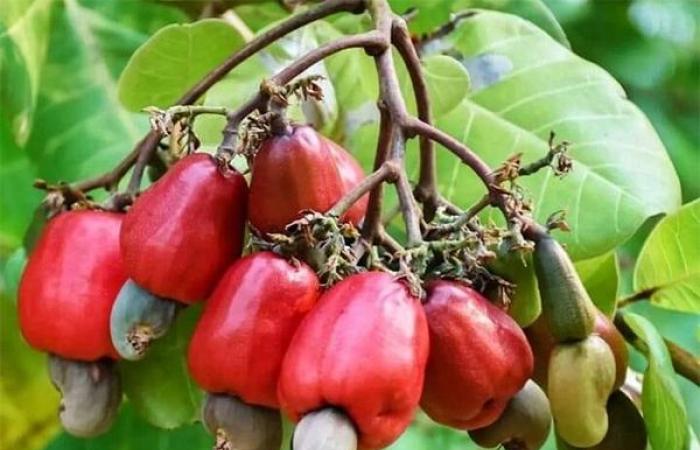In Senegal, it is a dark year for cashew nut processors and this fledgling industry. While several local agro-industrial companies have bet on the cashew sector, hoping to reproduce the Ivorian success, the opposite is happening this year. Between rising raw material prices and a poor harvest, almost all cashew processing companies risk going out of business.
“Here, we are in the shelling department,” informs Iman Drame, director of a cashew nut processing factory, who guides us through his warehouse. To his left, a conveyor belt, a sorting machine, but since last May, everything has stopped. “We have stopped production for lack of raw materials, because this year, raw materials were very expensive, there was speculation, which meant that we were not able to buy to be able to work,” explains- he.
This 54-year-old entrepreneur, who started his business in Ziguinchor in 2004, describes the vicious circle faced by cashew processors. A poor harvest, 50, even 60% less cashew this year following hot winds at flowering time, resulting in cashew nuts that have become unaffordable, or even inaccessible. Because they are sold at high prices to foreign competition, rather than to Senegalese processing companies. Iman Dramé had to lay off eight employees and interrupt the contract of 90 daily workers. “This has very serious consequences”
For Jacques Birham Seck, head of Ethicajou, a fair trade processor 180 km away, near Kolda, it is even worse. “It’s the dismissal for economic reasons for the 19 permanent staff we had, but also for the hundred women who worked as day laborers in the different sections of the transformation,” regrets the entrepreneur. “So, this has very serious consequences from a socio-economic point of view, especially in one of the poorest regions of Senegal, where there is almost no processing industry that hires as much,” underlines- he again.
The reason is the absence of protectionist measures to prevent cashew producers from selling to the highest bidder elsewhere, estimates Boubacar Konta. “It is the State which has the capacity to regulate. In all the countries where cashew has really been a success, it is with the involvement of the State, which has taken measures such as those of approval to know the exporters and who does what,” analyzes the president of the Cashew Inter-Profession of Senegal.
A plea based on the Ivory Coast model was sent to the authorities. Among the requests, that of imposing a tax on exporters to encourage them to sell as a priority to Senegalese processors. The government promises to apply the measure next year. Until then, companies are tightening their belts to manage to hold on without going out of business permanently.
rfi.fr






